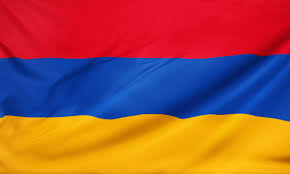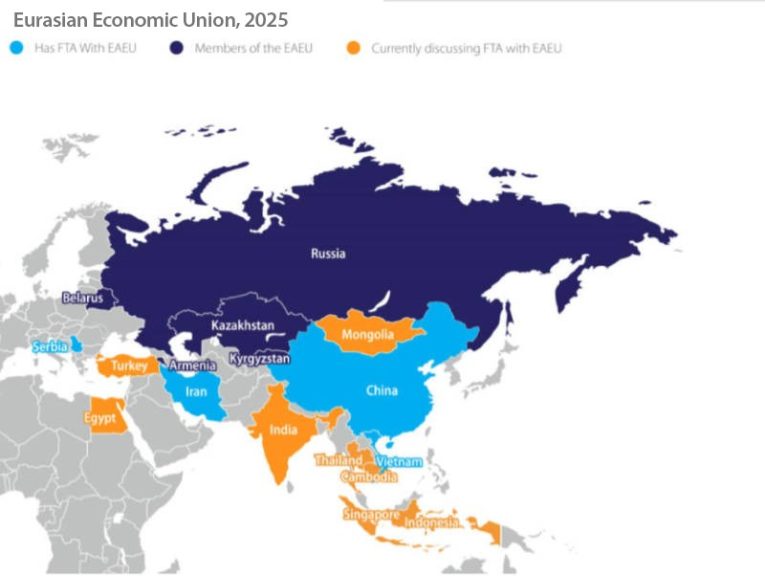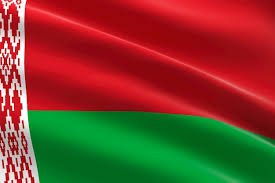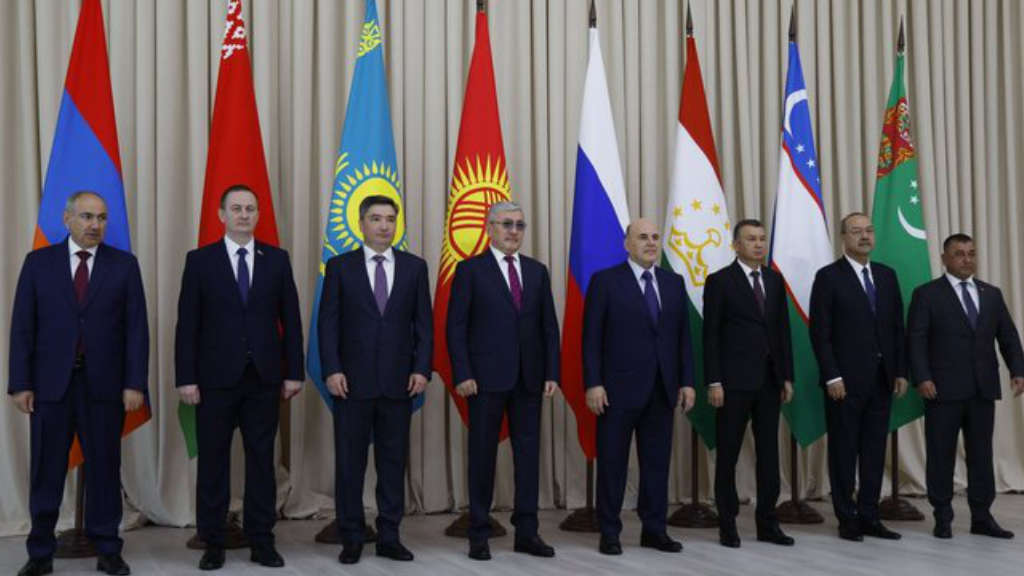Russian Prime Minister Mikhail Mishustin has conducted a series of bilateral meetings in Manzherok at the Gorno-Altai resort in the Altai Republic on Thursday, meeting with the prime ministers of Armenia, Belarus, and Kazakhstan.
Armenia

In relations with Yerevan, Moscow is concerned about the decline in trade turnover against the backdrop of Armenia’s rapprochement with the European Union. Mishustin held closed-door talks with Armenian Prime Minister Nikol Pashinyan, where discussions were held about the situation.
Russian Deputy Prime Minister Alexey Overchuk stated following the meeting that measures to improve the bilateral situation in trade and economic cooperation were discussed. In 2024, Russia-Armenian bilateral trade reached US$12.7 billion, a 1.6-fold increase; however, Overchuk noted that mutual trade was “short” by US$2 billion from expected targets. This was explained by the more cautious attitude of Russian entrepreneurs toward doing business and investing in Armenia against the backdrop of the country’s plans to move closer to the European Union.
The Russian side also has questions about some acts of the Armenian government—in particular, this concerns the admission to the market of food products certified in accordance with the standards of the EU, the United States, and other countries, which do not comply with the certification of the Eurasian Economic Union. Clearly, the Armenia situation has hit some turbulence. It remains to be seen whether Yerevan is using the EU situation to extract more concessions from Russia or whether Yerevan is really serious about plans to join the EU.
With Belarus and Kazakhstan, the agenda was more routine, with the respective prime ministers continuing their dialogue on the development of industrial cooperation and investment cooperation. The meetings comprised a series of discussions regarding operational negotiations and EAEU affairs.

Belarus

The meetings with Alexander Turchin, the Prime Minister of Belarus, discussed the key issue for Moscow and Minsk, relating to Western sanctions against both Russia and Belarus. That involves the implementation of import substitution plans. At present, 27 import substitution projects worth ₽167 billion (US$2.1 billion) are currently being implemented throughout the EAEU (including through a Russian loan of over ₽100 billion), while negotiations are underway to expand the list of projects.
Mishustin noted that the countries “give priority attention” to the development of industrial cooperation and industrial policy of the Union State. The Union State is a supranational entity of Russia and Belarus with a single political, economic, military, customs, currency, legal, humanitarian, market and cultural space that is being gradually organized. In this area, he noted, “an equal sign has been put between the concepts of “Russian” and “Belarusian” products,” which was done to ensure equal access to public procurement and support instruments.
Moscow and Minsk are generally satisfied with the implementation of such plans. Mishustin drew attention to the fact that the share of machinery, equipment, and high-tech products in the trade turnover between the two countries is growing—he did not provide specific figures but explained that he was talking about the automotive, electronics, and machine tool industries.
He also added that 90% of settlements in bilateral trade are now made in their national currencies—to protect mutual trade and investment “from negative external conditions.”
In 2024, the bilateral trade turnover between Russia and Belarus increased by 5.7%, to ₽4.6 trillion (US$57.97 billion). In Q1 2025, trade rose by 3% year-on-year. Turchin said that countries are “moving intensively” on increasing trade volumes, but accelerating work in digitalization is paramount to sustain growth.
Kazakhstan

Mishustin discussed investment cooperation with Kazakh Prime Minister Olzhas Bektenov, noting that Astana and Moscow “provide an optimal business climate” for companies to enter their respective markets, create joint ventures, and exchange investments and technologies. According to Mishustin, Russia was the largest investor in Kazakhstan’s economy in 2024, with Russia’s investments reaching US$4 billion, increasing by 23.6%, and overtaking investments from the Netherlands (US$3.8 billion).
Bektenov, in turn, stated that Kazakhstan is committed to further deepening relations with the Russian Federation. The Russian side considers the launch of joint projects in the fields of energy, industry, transport, agriculture, and the digital economy to be promising areas. Alexey Overchuk added that issues of improving shipping in the Caspian Sea and educational cooperation were also discussed.
Other Discussions
Delegations from the CIS countries have also arrived in the Altai Republic to attend the International Environmental Conference, which is now also underway at the Manzherok resort, with officials from Armenia, Belarus, Kyrgyzstan, Kazakhstan, and Tajikistan also arriving to participate.
Further Reading
Eurasian Economic Union Should Double Share Of Global GDP By 2035: Lukashenko

 Русский
Русский













